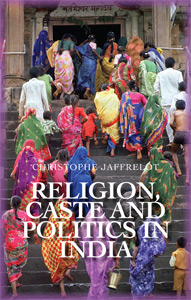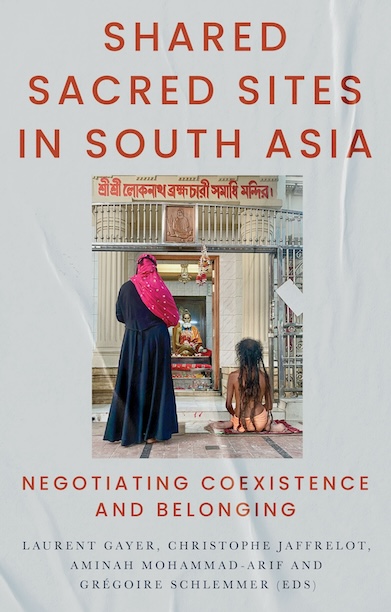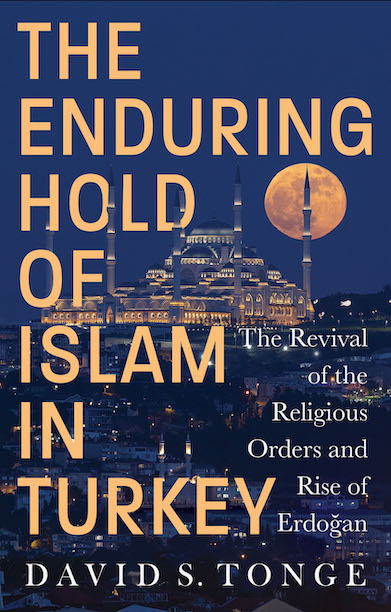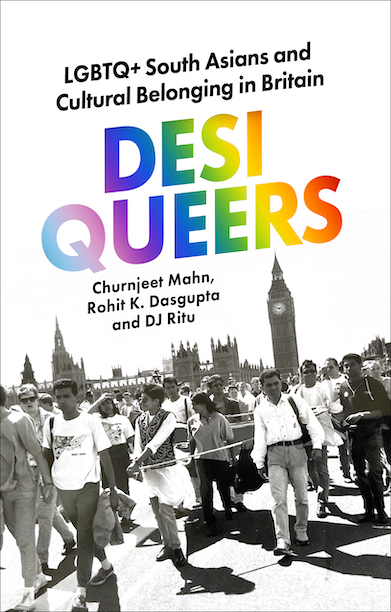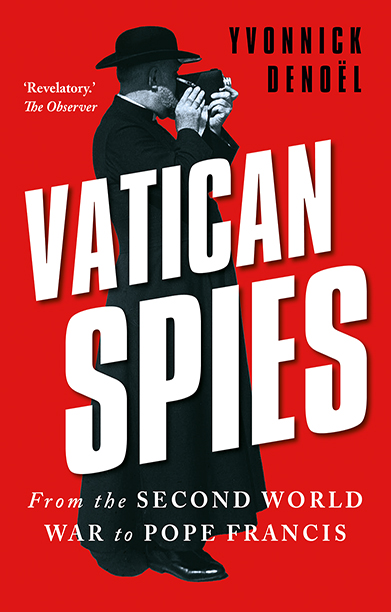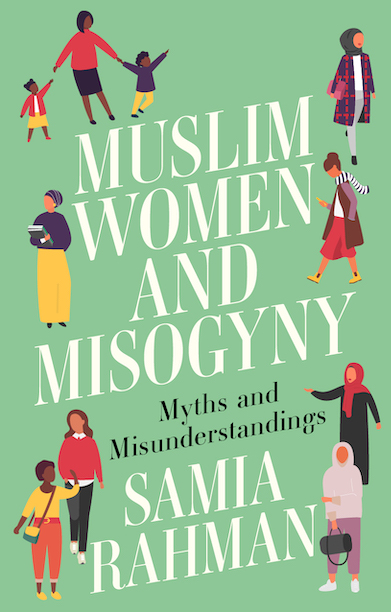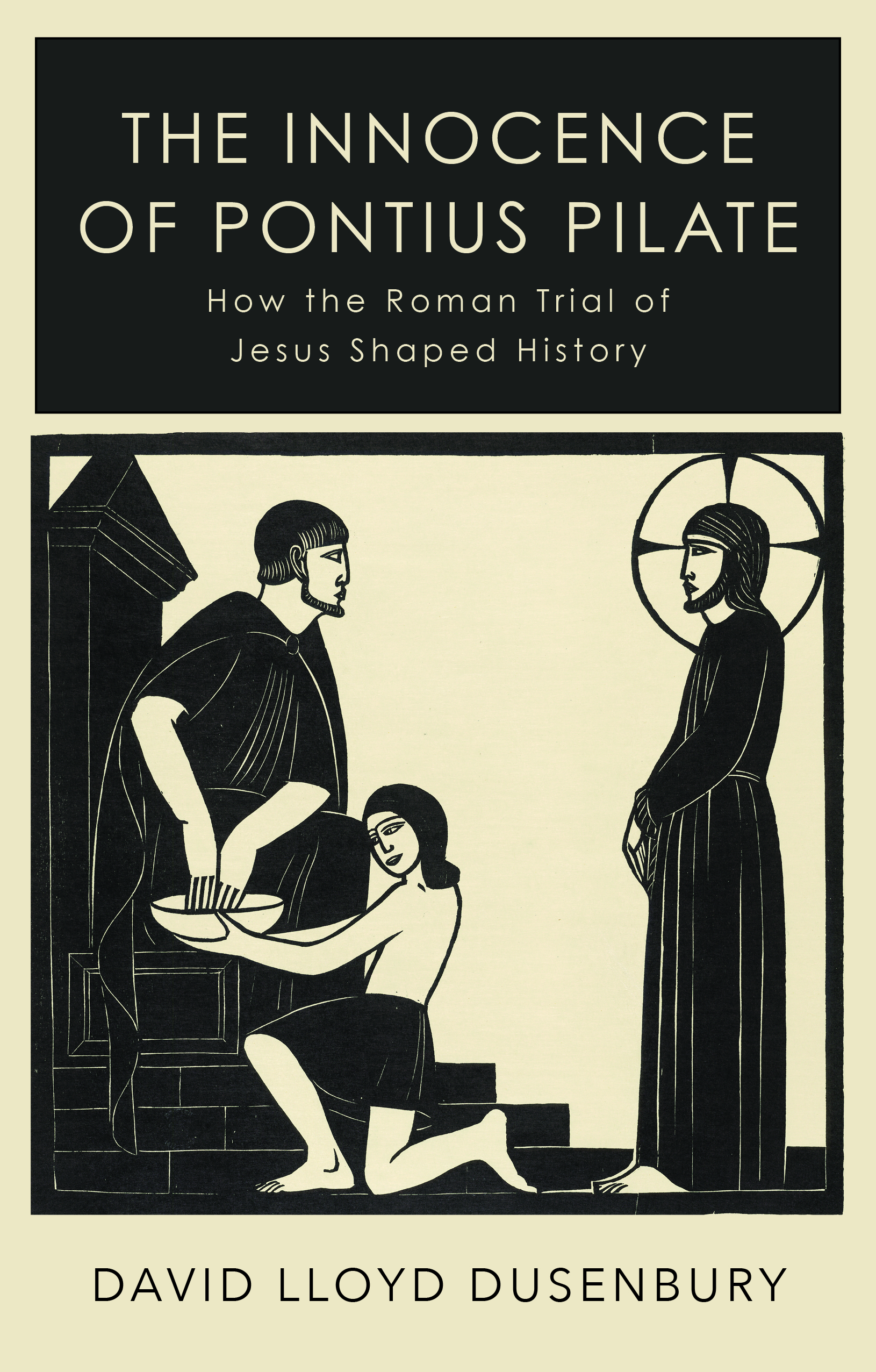Religion, Caste and Politics in India
‘Well-written and wonderfully informative, this is a major book on Indian politics … Highly recommended.’ — Choice
Description
After Independence the Nehruvian approach to socialism in India rested upon three pillars: secularism and democracy in the political domain; state intervention in the economy; and diplomatic Non-Alignment mitigated by pro-Soviet leanings after the 1960s. These features defined the ‘Indian model’, and even the country’s political identity. From this starting point Christophe Jaffrelot explores the manner in which India has been transformed, more especially since the 1980–90s. The world’s largest democracy has sustained itself by making more room, not only for the vernacular politicians of the linguistic states, but also for Dalits and OBCs. But the simultaneous—and related—rise of Hindu nationalism has put the minorities—and secularism—on the defensive, and in many ways the rule of law is on trial too.
The liberalisation of the economy has resulted in growth but not necessarily in development. India has also acquired a new global status, that of an emerging power seeking new political and economic partnerships in Asia and in the West, where the United States remains the first choice of the Indian middle class.
The traditional Nehruvian system is giving way to a less cohesive but more active India, a country which has already become what it is against all the odds. Christophe Jaffrelot’s book tracks India’s tumultuous journey of recent decades, exploring the role of religion, caste and politics in weaving the fabric of a modern democratic state.
Reviews
‘Christophe Jaffrelot is one of the world’s leading scholars of the profound transformations shaping India’s extraordinary democracy. For two decades and more, Jaffrelot has displayed a shrewd ability to sense trends before they fully manifest themselves and to analyze their bases-he was one of the very first to produce empirically—grounded studies on the rise of Hindu nationalism and on the upsurge of lower caste politics—which remain touchstones in the field. The essays and articles collected here confirm him as the leading authority on these subjects—and show also his broad range of interests, extending to India’s distinctive political culture and the country’s growing global role. A fascinating and illuminating collection to be welcomed by all scholars and students of contemporary India.’ — Sunil Khilnani, Starr Foundation Professor and director, South Asia Studies, School of Advanced International Studies, Johns Hopkins University
‘Christophe Jaffrelot has over the past decades established himself as one of the most prolific, insightful, and deeply informed analysts of Indian politics and society. Religion, Caste and Politics in India brings together some of Jaffrelot’s key writings on the upheavals of the 1990s that paved the way for the momentous changes now taking place in contemporary India: Hindu nationalism, lower caste politics, violence, and the dynamics of electoral politics. With its wealth of information, meticulous scholarship, and deep sense of history, this impressive volume will be invaluable to anyone interested in South Asia.’ — Thomas Blom Hansen, author of Wages of Violence: Naming and Identity in Postcolonial Bombay
‘This book is an important addition to the corpus of books on India. In one volume one can find general as well as specific chapters on various aspects of religion, caste and politics in India. Undoubtedly, it will remain as one of the main reference works for scholars working on modern India for years to come.’— Asian Affairs
‘Well-written and wonderfully informative, this is a major book on Indian politics … Highly recommended.’ — Choice
Author(s)
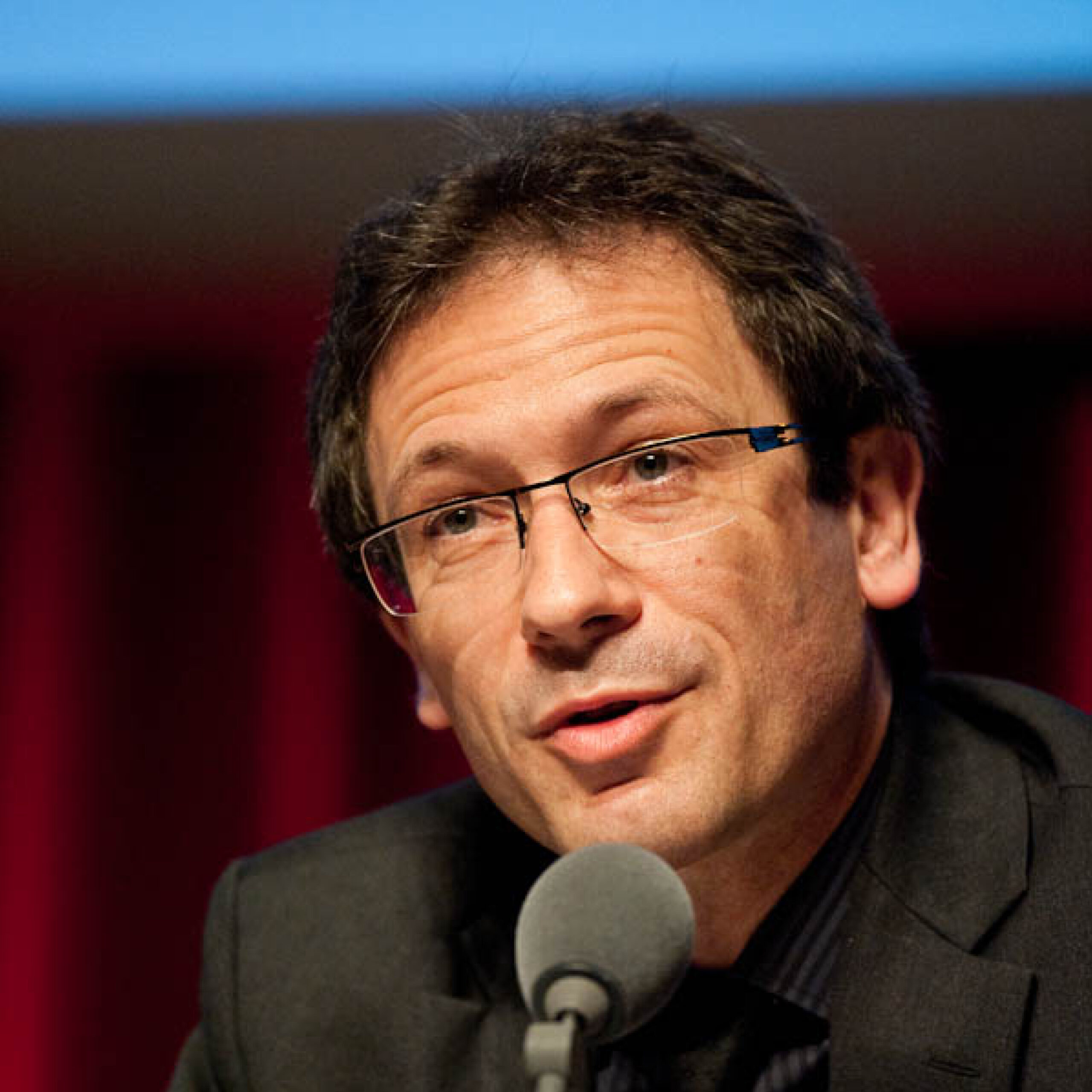
Christophe Jaffrelot is Avantha Chair and Professor of Indian Politics and Sociology at the King’s India Institute, and Research Lead for the Global Institutes, King’s College London. He teaches at Sciences Po CERI, where he was director between 2000 and 2008.
